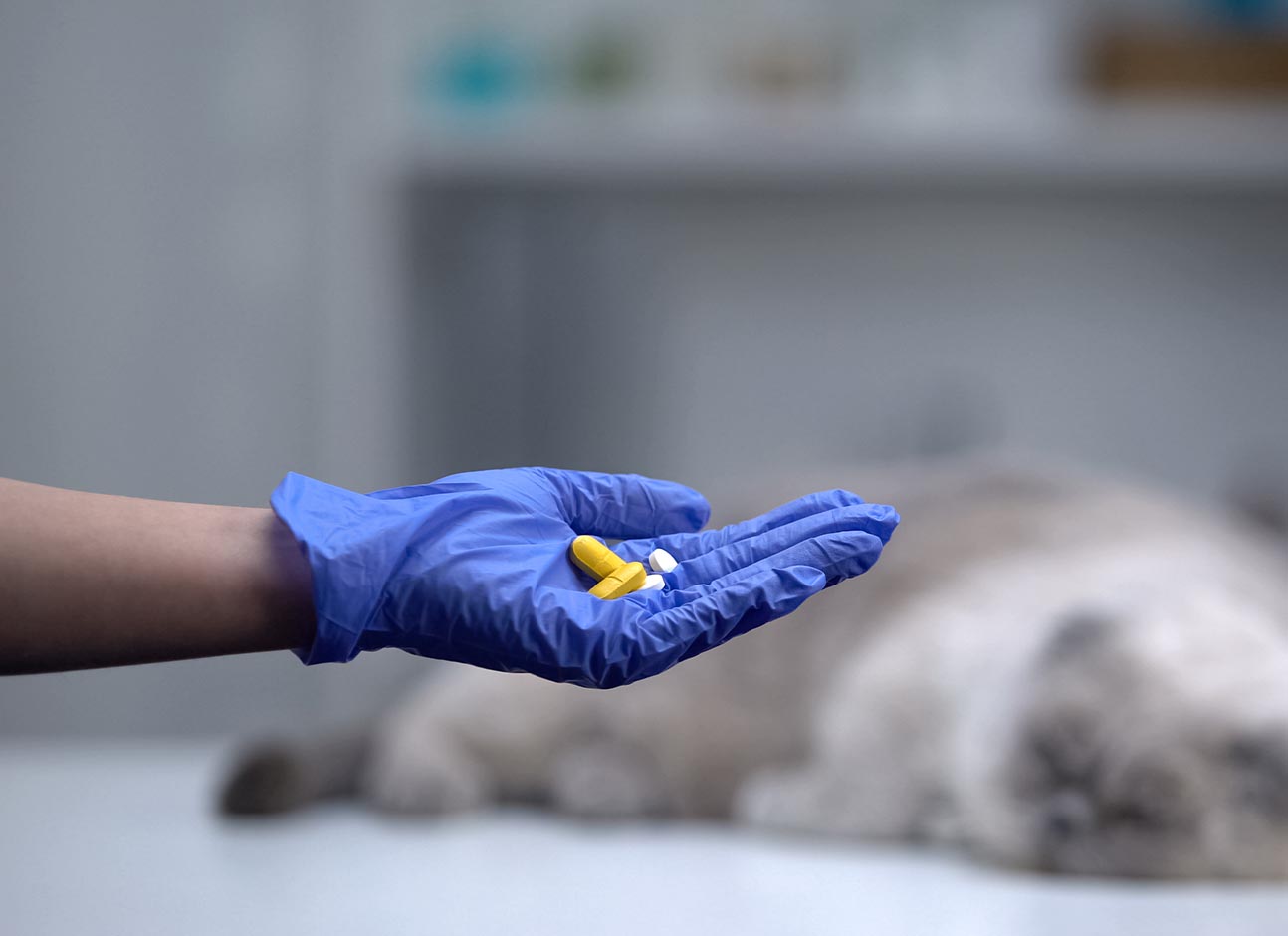The answer to whether antibiotics are safe for dogs is yes. Antibiotics are often used on dogs because they have similar bacteria and viruses as humans, making them ideal for treating infections affecting both species. However, like humans, there are side effects associated with taking these medications – including diarrhea and vomiting – so pet owners must closely monitor their dog during treatment with antibiotics.
Are antibiotics safe for dogs?
It’s important to note that there are multiple antibiotics, so the type you’re taking will affect how safe it is for your dog. Some antibiotics have a long list of side effects and other problems, while others are safe for dogs.
Some dogs can take more than one medication at once without negative effects on their health or behavior. Still, others may experience an adverse reaction from combining medications with other drugs (even if they’re compatible).
Types of antibiotics for dogs
Antibiotics are drugs that can be used to treat infections. Antibiotics are a type of medicine that helps fight bacterial infections in dogs. If you’re looking for an antibiotic for your dog, there are many different types available:
• Antibiotics for bacterial infections include amoxicillin and penicillin
• Antibiotics for viral diseases include ceftriaxone (Rocephin), cefuroxime axetil (Ceftiofur) and azithromycin
Why might my dog need antibiotics?
If your dog needs an antibiotic, there are many options available. The most common ones are:
• Cephalexin is frequently used in treating bacterial skin infections (pyoderma) in dogs.
• Enrofloxacin is a bacterial infection treatment for dogs.
• Gentamicin is a bacterial ear infection treatment for dogs.
• Metronidazole for dogs is used to treat bacterial infections and some parasites, such as hookworms in the gut and roundworms on the skin or intestines.
If you have any concerns about whether your dog should be on an antibiotic, talk with your veterinarian about what treatment might be best for them based on their age, health status and symptoms.
What are the side effects of antibiotics for dogs?
You should be aware of the side effects of antibiotics, so you can determine if they’re right for your dog. These include:
• Diarrhea (sometimes bloody)
• Vomiting
• Stomach pain or tenderness
• Nausea, dizziness and fatigue
If your dog has taken antibiotics recently, you should call your veterinarian if they have any of these symptoms.
Can dogs have human antibiotics?
Even though dogs can’t have human antibiotics, they can have some of the same side effects as humans. Some antibiotics are toxic to dogs and cause diarrhea or vomiting when taken in large doses. Other antibiotics may be harmful if too much is taken at once or given without first consulting with a vet; this could lead to an overdose that causes damage to your pet’s kidneys or liver.
Some types of prescription drugs—like those used for heartworm prevention—are also not safe for dogs because they contain ingredients such as nitrofurantoin (Macrobid), tetracycline (Minocin) and chloramphenicol (Chloromycetin).
Conclusion
Antibiotics are one of the most common medications for dogs and cats, but there can be some health issues with this treatment. If your pet is experiencing any side effects from antibiotics, contact your veterinarian as soon as possible!
Give your dog a paw-sitive health journey with our ‘Vet for Dog‘ services.
